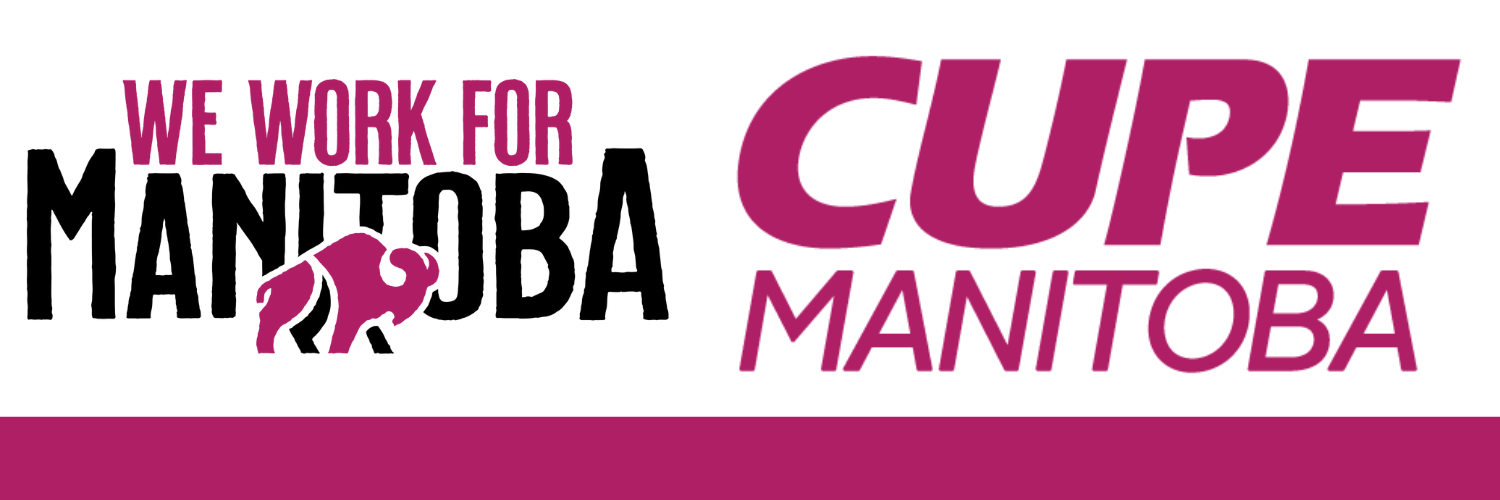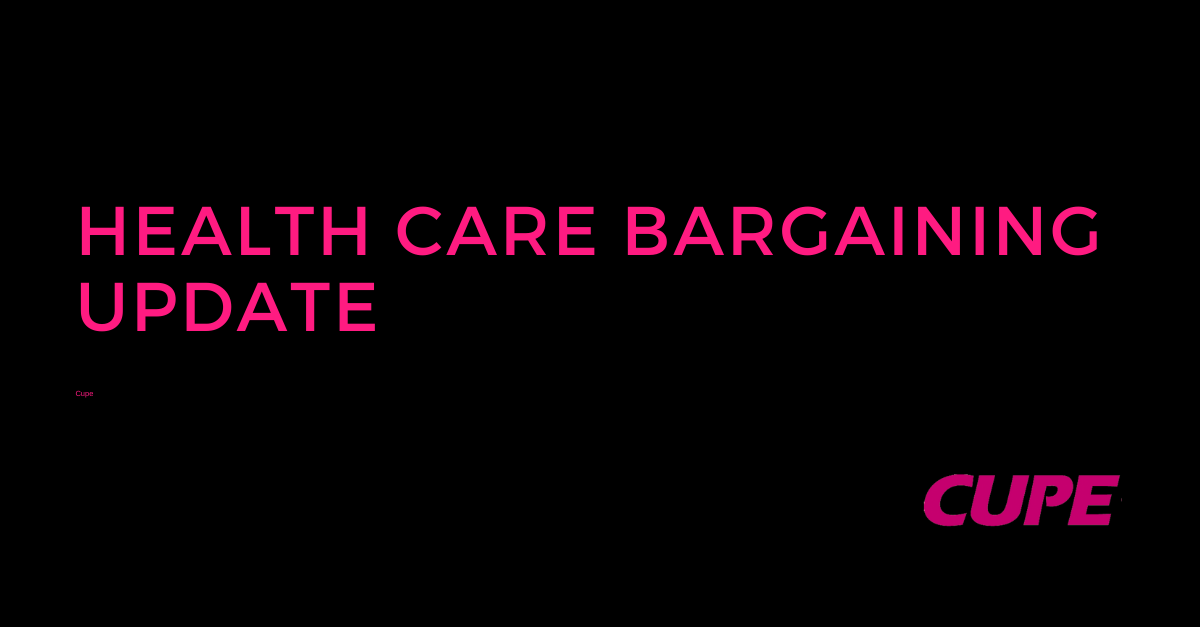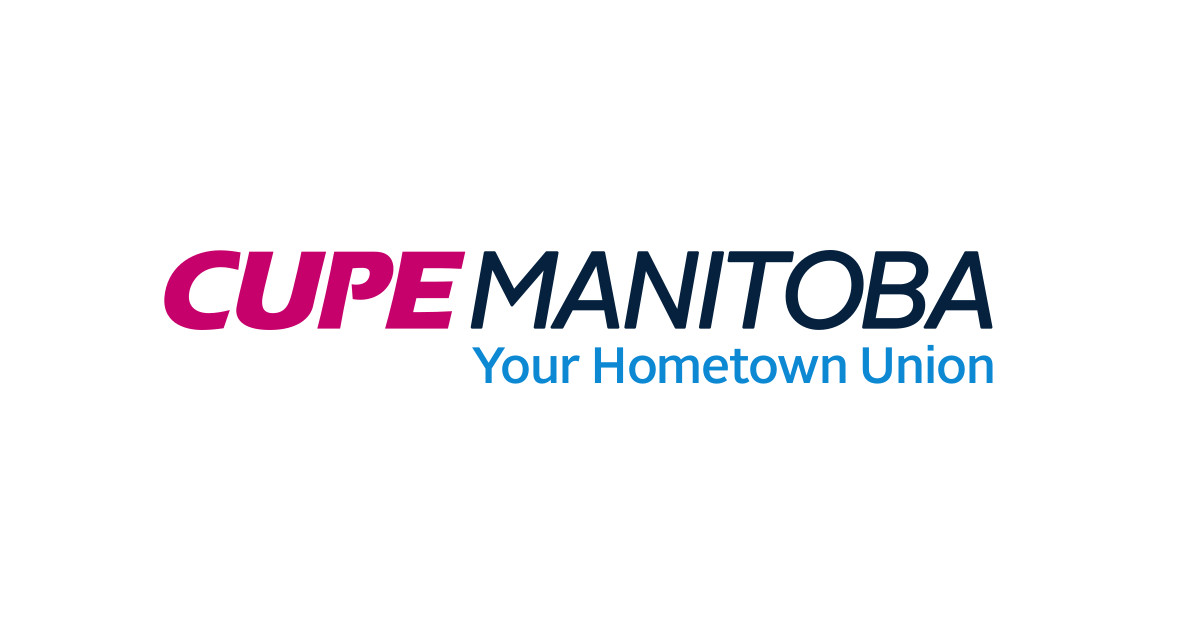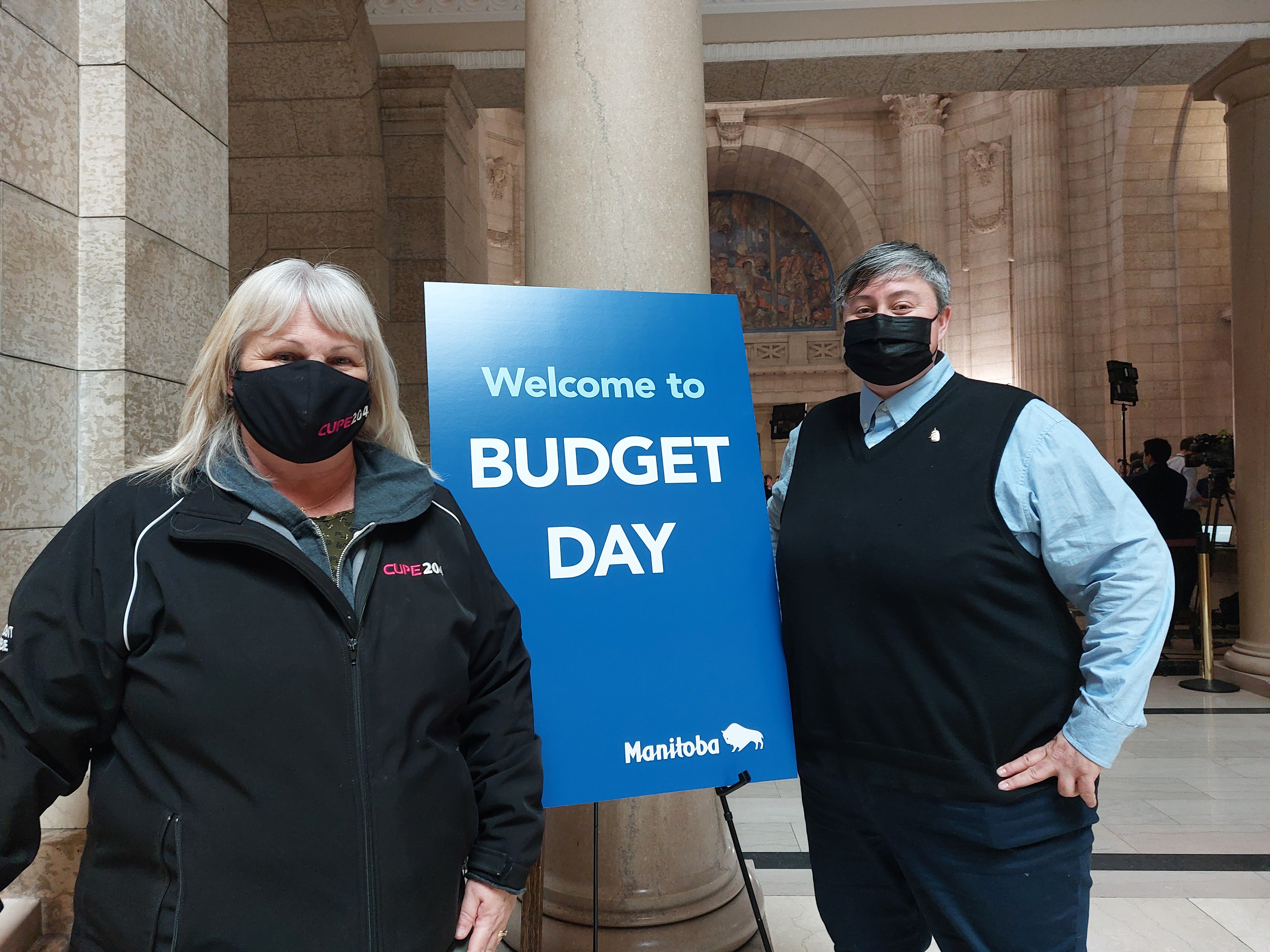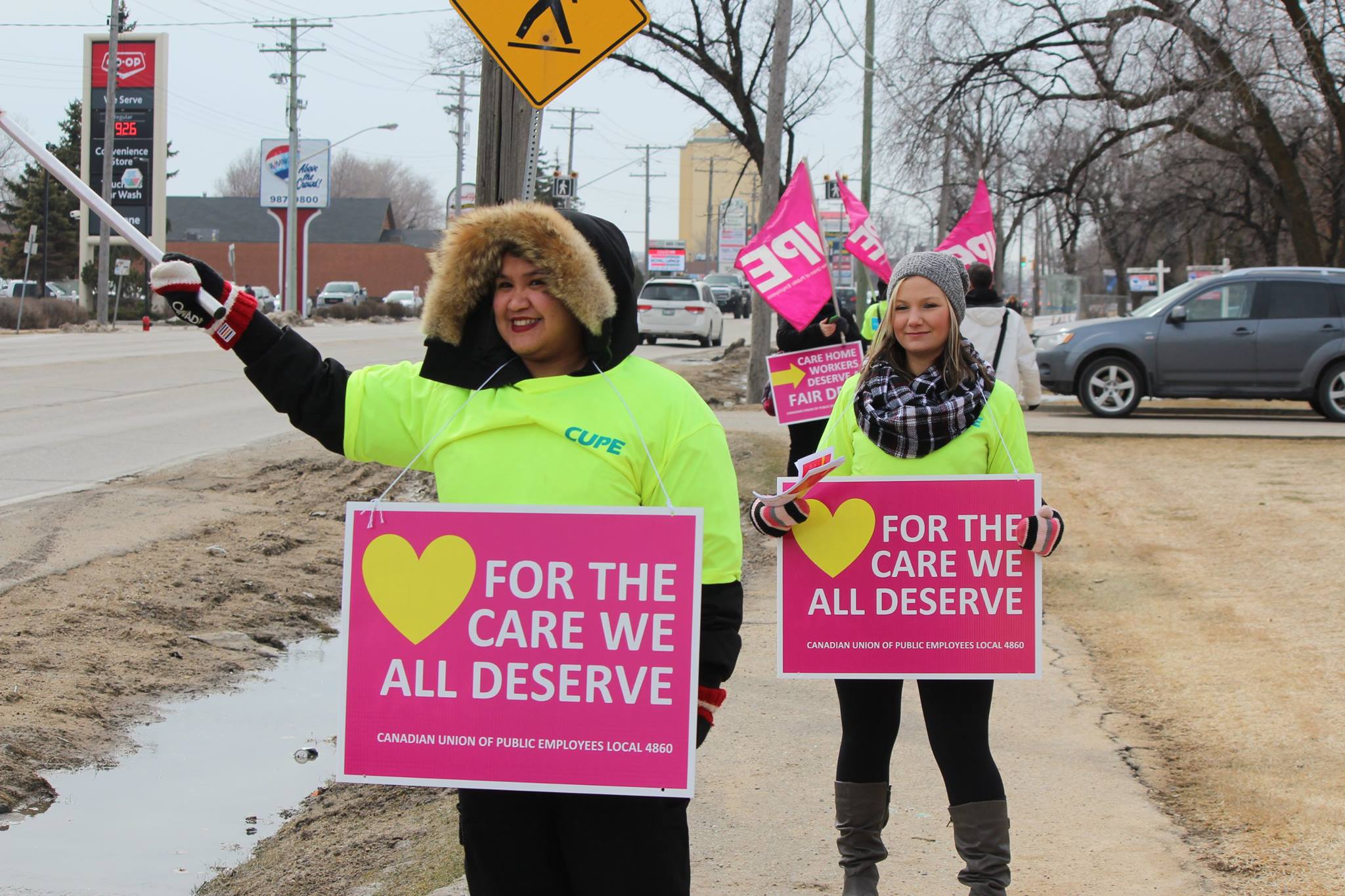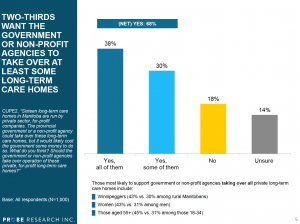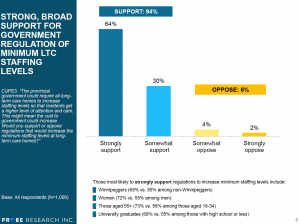Late last night (Monday, August 29, 2022) the Canadian Union of Public Employees (CUPE) health care bargaining team and the Provincial Health Labour Relations Services (PHLRS) reached a tentative agreement after twenty-one months of bargaining, for 18,000 health care support workers in Manitoba.
The CUPE bargaining team includes representatives from CUPE 204 (Shared Health, Winnipeg Regional Health Authority), CUPE 4270 (Southern Health-Santé Sud), CUPE 8600 (Northern Regional Health Authority), and CUPE 500 (Riverview Health Centre/WRHA).
A tentative agreement is when both parties agree that the proposed contract can be presented to workers for a vote on whether to accept or reject the new agreement.
The CUPE bargaining team will be recommending acceptance of the new agreement.
Please take time to review the highlight document. A full ratification document will be available prior to the ratification.
Ratification (voting) will occur in the coming weeks. Details on when these votes will take place will be shared in the next few days. There will be many information sessions for CUPE members to ask questions about the tentative agreement, held in-person as well as virtually.
Members are encouraged to ensure their personal contact information is up to date. We want to make sure all CUPE members have the opportunity to ask questions at the info sessions before the voting takes place.
We thank the CUPE health care bargaining team for their steadfast dedication to members through an incredibly difficult round of negotiations, including throughout the pandemic.
We also thank all CUPE members for their patience, support, and encouragement over the past five years, and for giving CUPE the strike mandate needed to keep the pressure on government.
Your support has helped push the government towards a deal that is acceptable, and which lays a stronger foundation for the next round of bargaining.
